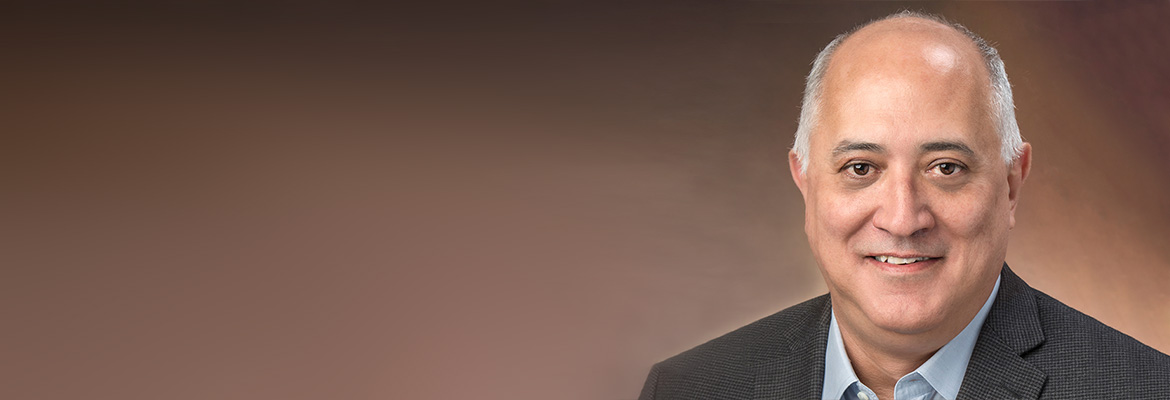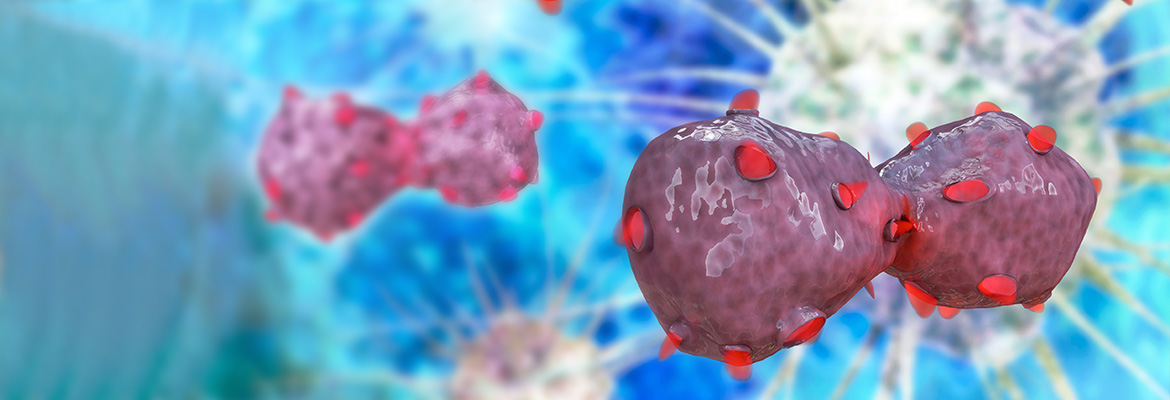Scientists have been puzzled for many years about why 20 to 30 percent of patients with hemophilia type A form inhibitory antibodies to protein replacement therapy that prevents it from working. With a new grant from the National Heart, Lung, and Blood Institute (NHLBI), Valder Arruda, MD, PhD, a researcher in the Division of Hematology, developed a multi-pronged plan to test the problem from diverse perspectives and overlapping angles. The funding will support Children’s Hospital of Philadelphia’s establishment of one of three Centers for the Investigation of Factor VIII Immunogenicity.
Dr. Arruda, who also is an associate professor of Pediatrics at the Perelman School of Medicine at the University of Pennsylvania, assembled a team of investigators at different stages of their careers and from a wide range of backgrounds — structural biology, immunology, genomics, and cancer immunotherapy — to launch the Center. It also will incorporate a skills development core to support the next generation of interdisciplinary scientists interested in building expertise in hemophilia.
“We need friends and colleagues from other areas who might help us to train the younger generation with different eyes rather than using the same typical approaches what we already know,” Dr. Arruda said. “At CHOP, we have built a culture where the bridge between basic and clinical science is very big.”
Clinicians in the Hemophilia and Bleeding Disorders program at CHOP provide care for about 100 boys with hemophilia A, which is a lifelong disease caused by a lack of the blood clotting factor VIII. In order to maintain clotting factor levels, they may receive factor replacement infusions. Patients who form FVIII inhibitors in response to the therapy face serious obstacles that make it difficult and extremely expensive to treat their hemophilia, lead to complications such as joint disease, and increase mortality.
CHOP’s new FVIII Center has four projects under way — each with a different and broad perspective — to reveal new mechanistic insights into the multiple facets of the immune response to FVIII, Dr. Arruda said. The investigators will share their progress and findings with the other two FVIII centers the NHLBI designated at Emory University and Temple University so that they can exchange ideas and refine each other’s research questions related to FVIII immunogenicity.



